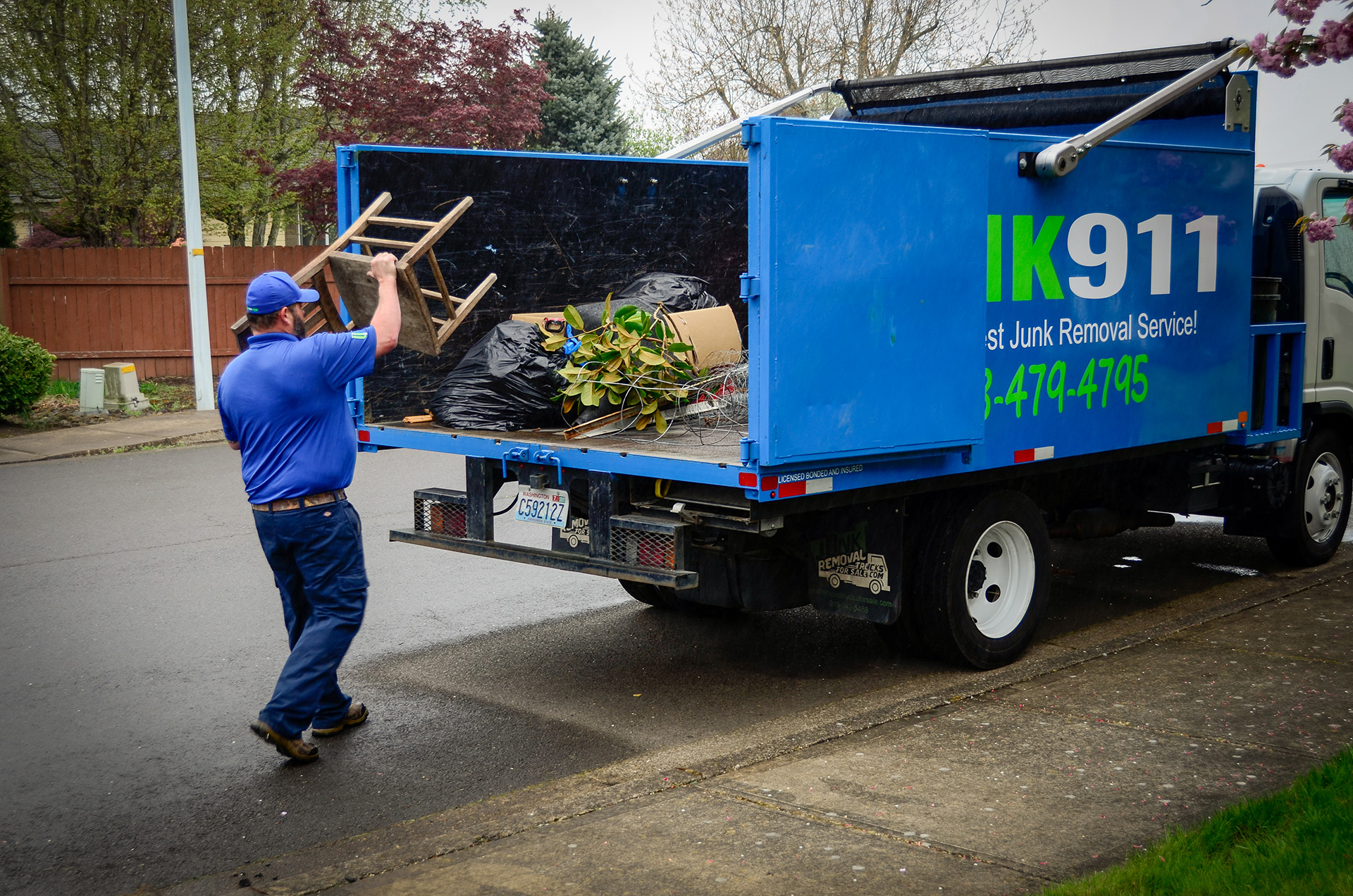When undertaking any kind of home improvement or renovation project, hiring a reliable and competent contractor is crucial to ensure the job is done correctly and with the utmost professionalism. However, there are several things to consider before hiring a contractor to avoid potential pitfalls and ensure a successful outcome. In particular, verifying a contractor’s licensing, bonding, and insurance is paramount to protect both your project and yourself from any unforeseen circumstances or liabilities down the road.
1. Licensing
Before hiring a contractor, always check if they possess the appropriate licenses for their specific trade. Licensing requirements may vary across jurisdictions, and hiring an unlicensed contractor can lead to project delays, substandard workmanship, or legal issues. A licensed contractor demonstrates their expertise and commitment to complying with industry standards, regulations, and codes. You can always check the CCB website to confirm licensing has been legally obtained.
2. Bonding
Contractor bonding ensures that any financial loss resulting from poor workmanship or contractor default is covered. Bonding offers a layer of protection for the homeowner should the contractor fail to complete the project or meet their contractual obligations. Verifying a contractor’s bonding can give you peace of mind, guaranteeing compensation for any potential losses.
3. Insurance
Contractors should always carry the appropriate insurance coverage, primarily general liability insurance and worker’s compensation insurance. General liability insurance protects against property damage or injuries that may occur during the project, while worker’s compensation insurance covers injuries sustained by the contractor’s employees. Request proof of insurance from any contractor you are considering hiring to safeguard yourself from potential liabilities.
4. Reputation and Experience
Consider a contractor’s reputation and experience in the industry, both of which can provide valuable insights into their professionalism and quality of work. Look for testimonials, online reviews, and references from previous clients to assess their track record. A contractor with a positive reputation and extensive experience is more likely to deliver exceptional results, having honed their skills, industry knowledge, and customer service over time.
5. Project Scope and Specialty
Ensure the contractor you hire specializes in the type of project you need assistance with. Some contractors may specialize in kitchen renovations, while others excel in building decks or installing roofing. Contractors with expertise and experience in your specific project are more likely to deliver satisfactory results, as they understand the unique challenges and requirements associated with your desired work.
6. Contract and Documentation
Before commencing any work, always ensure there is a detailed and legally binding contract in place between you and the contractor. This contract should specify the scope of work, project milestones, and deadlines, payment terms, and any warranties or guarantees. Additionally, retain copies of all documentation related to the project, including permits, receipts, and signed change orders. Proper documentation ensures clarity, transparency, and legal protection for both parties involved.
7. Cost Estimates and Payment Schedule
Obtain multiple cost estimates from different contractors to compare prices and ensure you’re getting a fair deal. However, primarily focus on the overall value offered rather than solely going for the lowest bid. Discuss the payment schedule upfront and avoid full upfront payments. Reputable contractors usually follow a milestone-based payment system, providing transparency and allowing you to hold payment until each phase of the project is completed satisfactorily.
8. Subcontractors and Background Checks
If your project requires subcontractors, verify that the contractor you hire conducts thorough background checks on their subcontractors. Ensure that all workers involved possess the necessary licenses, bonding, and insurance coverage to protect yourself from potential risks or liabilities. By hiring a contractor who ensures their subcontractors are qualified and insured, you minimize the chances of potential conflicts or financial burdens.
9. Communication and Project Timeline
Effective communication is vital for the success of any project. Discuss your expectations in terms of regular updates and open lines of communication. Set a clear project timeline with milestones and deadlines both parties agree upon to avoid delays or misunderstandings. A contractor who communicates effectively and values your input throughout the project will contribute significantly to a smooth and satisfactory process. These things to consider before hiring a contractor are welcome inquiries for those who have nothing to hide.
10. Guarantees and Warranties
Inquire about any guarantees or warranties the contractor offers for their workmanship, materials, or specific aspects of the project. Reputable contractors are confident in their abilities and often provide warranties to rectify any issues that may arise within a specified period after project completion. A reliable warranty ensures peace of mind and demonstrates the contractor’s commitment to customer satisfaction.
Wrapping it up
Hiring a contractor requires careful consideration to ensure your project is completed safely, efficiently, and to your satisfaction. Verifying that a contractor is licensed, bonded, and insured is just one of the many crucial factors to address. By conducting thorough research, asking the right questions, and covering all necessary bases, you can confidently hire a contractor who best fits your project requirements, protecting both your investment and peace of mind.
If you have a pile of junk that needs some heavy lifting, we’d love to earn your business! Book Now

